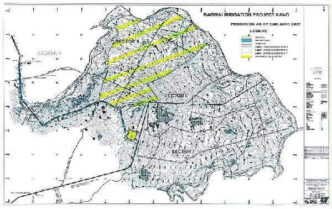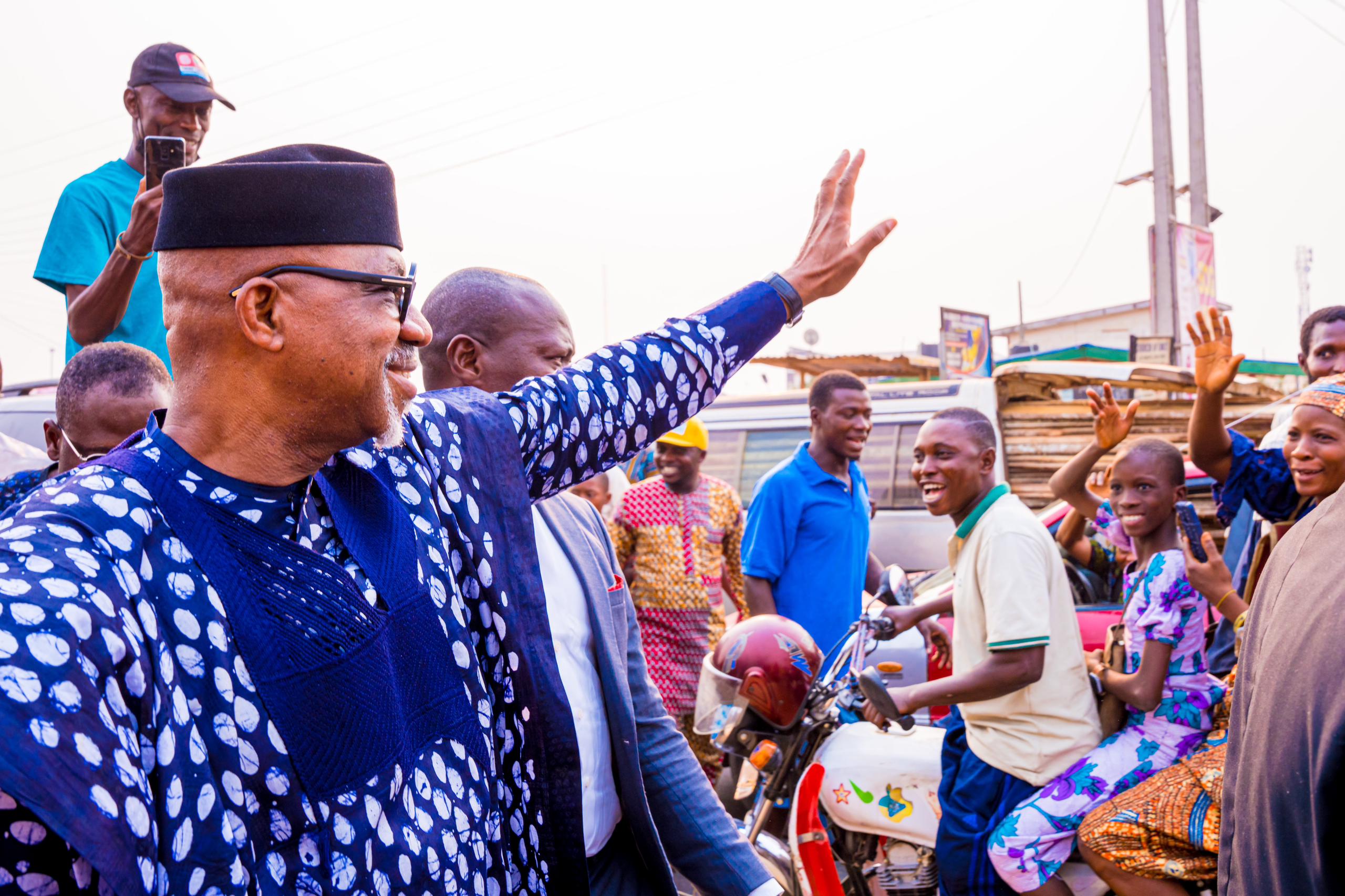Taoreed Lagbaja
BY ZAGAZOLA MAKAMA
The late Lt. Gen. Taoreed Abiodun Lagbaja, chief of army staff, was a pillar of Nigeria’s military resilience and a staunch protector of the nation’s sovereignty.
His decades-long service was marked by a commitment to combating terrorism and restoring peace, especially in regions that suffered the heaviest effects of insecurity. His sudden passing is a grave loss to Nigeria’s Armed Forces and a moment for reflection on his enduring contributions.
Lagbaja’s leadership became a defining force during his tenure as General Officer Commanding (GOC) of 1 Division, Kaduna, where his operations against terror-banditry reshaped the security landscape in Nigeria’s north-west.
Advertisement
His strategic focus on Kaduna’s most troubled regions including Kuriga, Birnin Gwari, Dogon Dawa, and Dakwala marked a turning point, enabling security forces to dismantle criminal networks across these enclaves. His efforts brought renewed hope to communities long plagued by violence, showcasing his dedication to restoring both security and dignity in vulnerable areas.
Upon becoming chief of army staff, Lagbaja’s resolve intensified in the face of Nigeria’s diverse security challenges. His tenure saw the Nigerian Army coordinating closely with the Air Force and other security agencies to tackle Boko Haram and ISWAP forces entrenched in the Northeast.
Under his guidance, military operations targeted key insurgent strongholds in the Sambisa Forest, the Mandara Mountains, and the Lake Chad Basin, contributing to the restoration of civil governance and economic revival across liberated areas.
Advertisement
Throughout his leadership, Lagbaja fostered a spirit of collaboration that brought measurable results, including the elimination of thousands of Boko Haram/ISWAP as well as bandits, the surrender of over 160,000 insurgents and the rescue of numerous abducted civilians.
His integrated approach, blending kinetic and non-kinetic strategies, reshaped the military’s efforts and led to lasting stability in formerly embattled communities.
His legacy is closely tied to President Bola Ahmed Tinubu’s “Renewed Hope” agenda. Lagbaja worked tirelessly to support the president’s vision, bringing in new doctrines, strategic partnerships, and defence acquisitions that modernised Nigeria’s security operations. Notably, under his leadership, the Air Force acquired additional aircraft that significantly boosted the Armed Forces’ capability to counter complex threats.
This modernisation effort has positioned Nigeria’s military to confront both current and evolving security risks.
Advertisement
In his final months, Lagbaja remained steadfast in his mission to secure Nigeria. His commitment to ensuring a stable environment, one where displaced families can return home and communities can rebuild, is a testament to his lasting impact on the country. His leadership extended beyond the battlefield, touching the lives of countless Nigerians who yearned for peace and stability.
Lagbaja’s death leaves a void in Nigeria’s Armed Forces, but his legacy of courage, service, and patriotism will continue to inspire. His work has paved the way for a more secure and unified Nigeria, and his contributions will be remembered as a cornerstone in the country’s ongoing journey toward peace and prosperity.
Views expressed by contributors are strictly personal and not of TheCable.
Add a comment










